
21 Jan 2023

The Deepest Breath
Bonded by their love of freediving, a record-setting champion and a heroic safety diver try to make history with a remarkable feat, ready to risk it all.
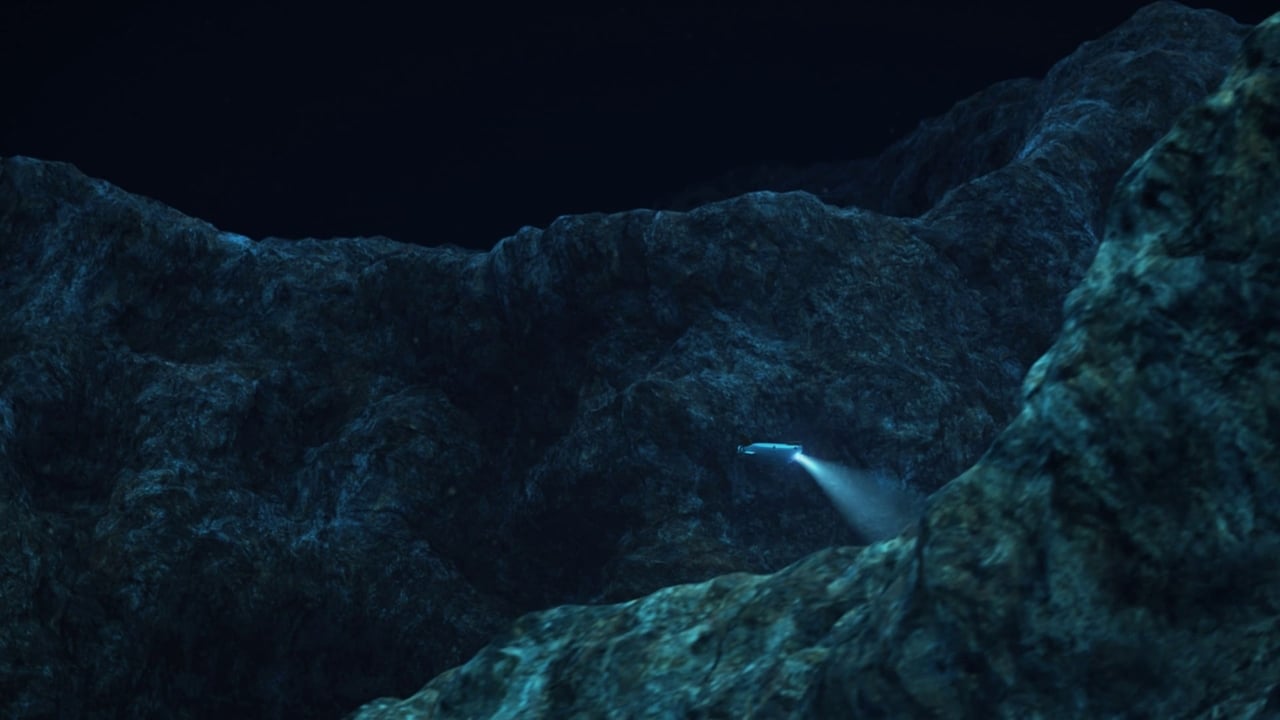
Exploring an unknown world 10,000 m beneath the waves. After capturing a giant squid on film, NHK's deep-sea film crew explores our planet's deepest point The Mariana Trench is nearly 7 miles deep. The water pressure is immense, and it's a world that's long been out of our reach. What creatures could survive such hostile conditions? This is an expedition to explore the earth's deepest frontier. Narrated By David Attenborough.

Self - Narrator

21 Jan 2023

Bonded by their love of freediving, a record-setting champion and a heroic safety diver try to make history with a remarkable feat, ready to risk it all.
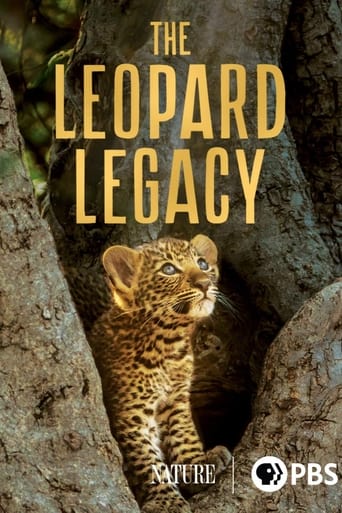
03 Dec 2020

Follow the story of a leopard mother as she raises her cubs near the Luangwa River, facing a constant battle to hunt successfully, defend her territory and protect her cubs against enemies.

01 Jan 1988

Documentary about chimps in Gombe.

12 Dec 2001

This documentary follows various migratory bird species on their long journeys from their summer homes to the equator and back, covering thousands of miles and navigating by the stars. These arduous treks are crucial for survival, seeking hospitable climates and food sources. Birds face numerous challenges, including crossing oceans and evading predators, illness, and injury. Although migrations are undertaken as a community, birds disperse into family units once they reach their destinations, and every continent is affected by these migrations, hosting migratory bird species at least part of the year.

17 Dec 2022

Some people love squirrels others see them as pests and glorified rats but we can all agree that the characterful rodents are speedy quirky exceptional climbers and go crazy for nuts.
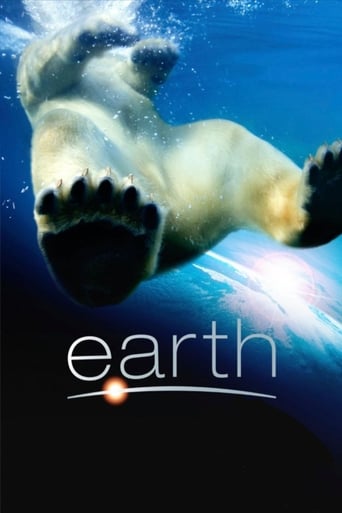
10 Oct 2007

An epic story of adventure, starring some of the most magnificent and courageous creatures alive, awaits you in EARTH. Disneynature brings you a remarkable story of three animal families on a journey across our planet – polar bears, elephants and humpback whales.
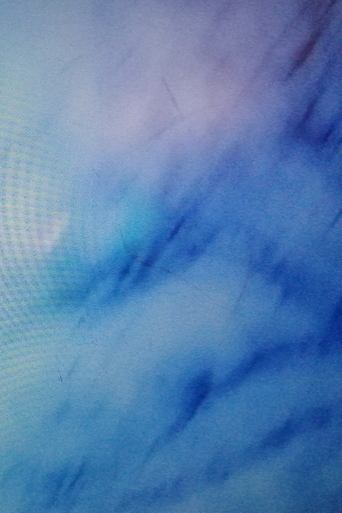
21 Mar 2025

An experience of a camera swinging in different gestures facing the optical distortion of the Sun. The last appearance of the smudge.

27 Apr 1983

Takes us to locations all around the US and shows us the heavy toll that modern technology is having on humans and the earth. The visual tone poem contains neither dialogue nor a vocalized narration: its tone is set by the juxtaposition of images and the exceptional music by Philip Glass.
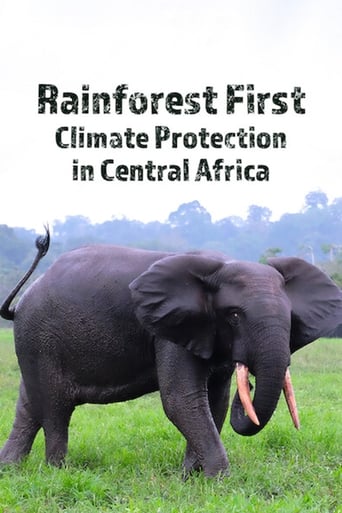
18 Dec 2022

This documentary focuses on the Green Gabon program in the Congo Basin and explores rainforest conservation efforts as a way to stem climate change.
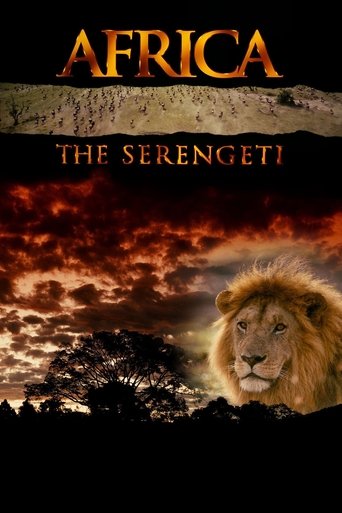
31 Mar 1994

The equation of life on the Serengeti is simple: carnivores eat plants, herbivores eat carnivores. Africa: The Serengeti takes you on an extraordinary journey to view a spectacle few humans have ever witnessed. The Great Migration. Journey with more than two million wildebeests, zebras and antelopes in their annual 500 mile trek across the Serengeti plains
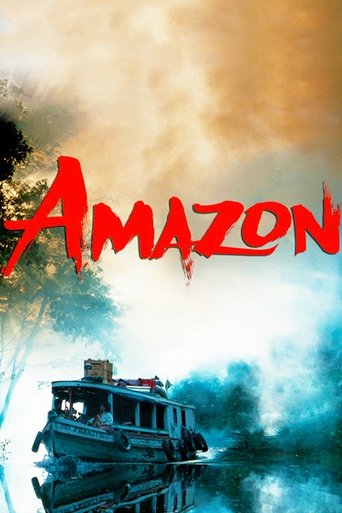
01 Jan 1997

Explore the mysterious Amazon through the amazing IMAX experience. Amazon celebrates the beauty, vitality and wonder of the rapidly disappearing rain forest.
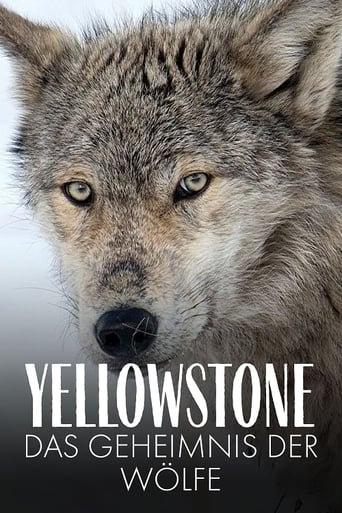
02 Jan 2018

70 years after the last wolves roamed the national park, a total of 41 wolves were reintroduced between 1995 and 1997. A globally unique experiment that had many supporters, but also resolute opponents, then as now.

08 May 2025

David Attenborough takes viewers on a breathtaking journey showing there is nowhere more vital for our survival, more full of life, wonder, or surprise, than the ocean. Through spectacular sequences featuring coral reefs, kelp forests and the open ocean, Attenborough shares why a healthy ocean keeps the entire planet stable and flourishing.

01 Jan 1991

Narrated by David Attenborough, this film explores the private life of a pair of Barn Owls. Often associated with folklore and magic, there can be few more beautiful sights than a glimpse of this silent hunter on a summer's evening.

10 Sep 1964

This documentary, the final film directed by Frank Capra, explores America's plans for the future of space exploration. It was produced by the Martin-Marietta Corporation for exhibition in the Hall of Science at the 1964 New York World's Fair.
20 May 1912
Captain Kleinschmidt leads an expedition sponsored by the Carnegie Museum to the arctic regions of Alaska and Siberia to study the natives and the animal life.
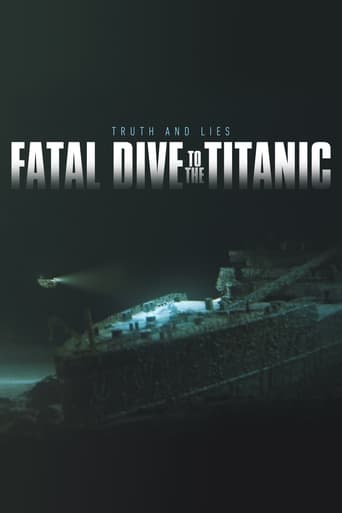
08 Feb 2024

How Stockton Rush's deadly dive to the fabled Titanic wreckage in the Titan submersible became a cautionary tale about the risks of innovation.
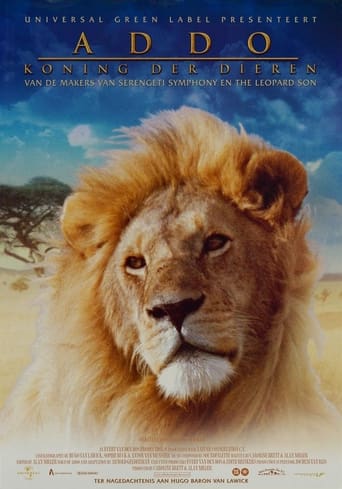
03 Oct 2002

This documentary follows the harsh and competitive life of Addo, a male lion born into a successful pride.
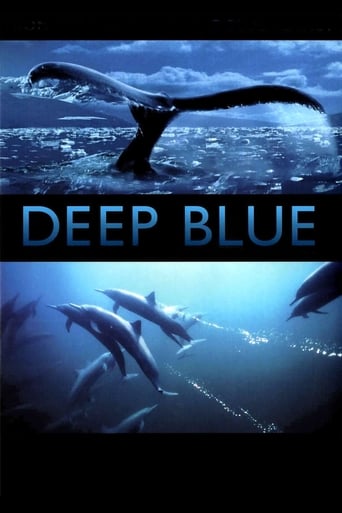
18 May 2003

Deep Blue is a major documentary feature film shot by the BBC Natural History Unit. An epic cinematic rollercoaster ride for all ages, Deep Blue uses amazing footage to tell us the story of our oceans and the life they support.

22 Dec 2023

No overview found